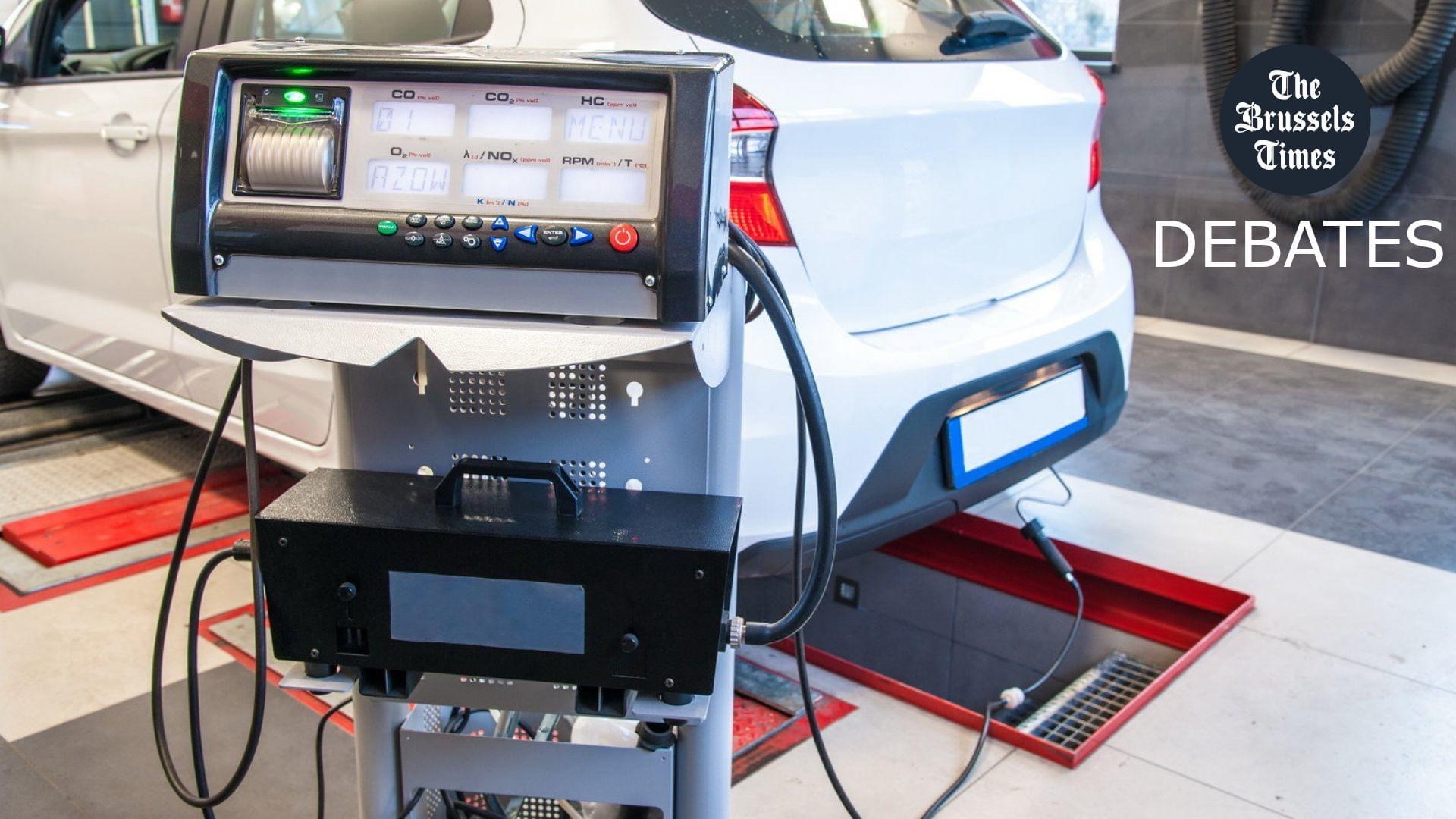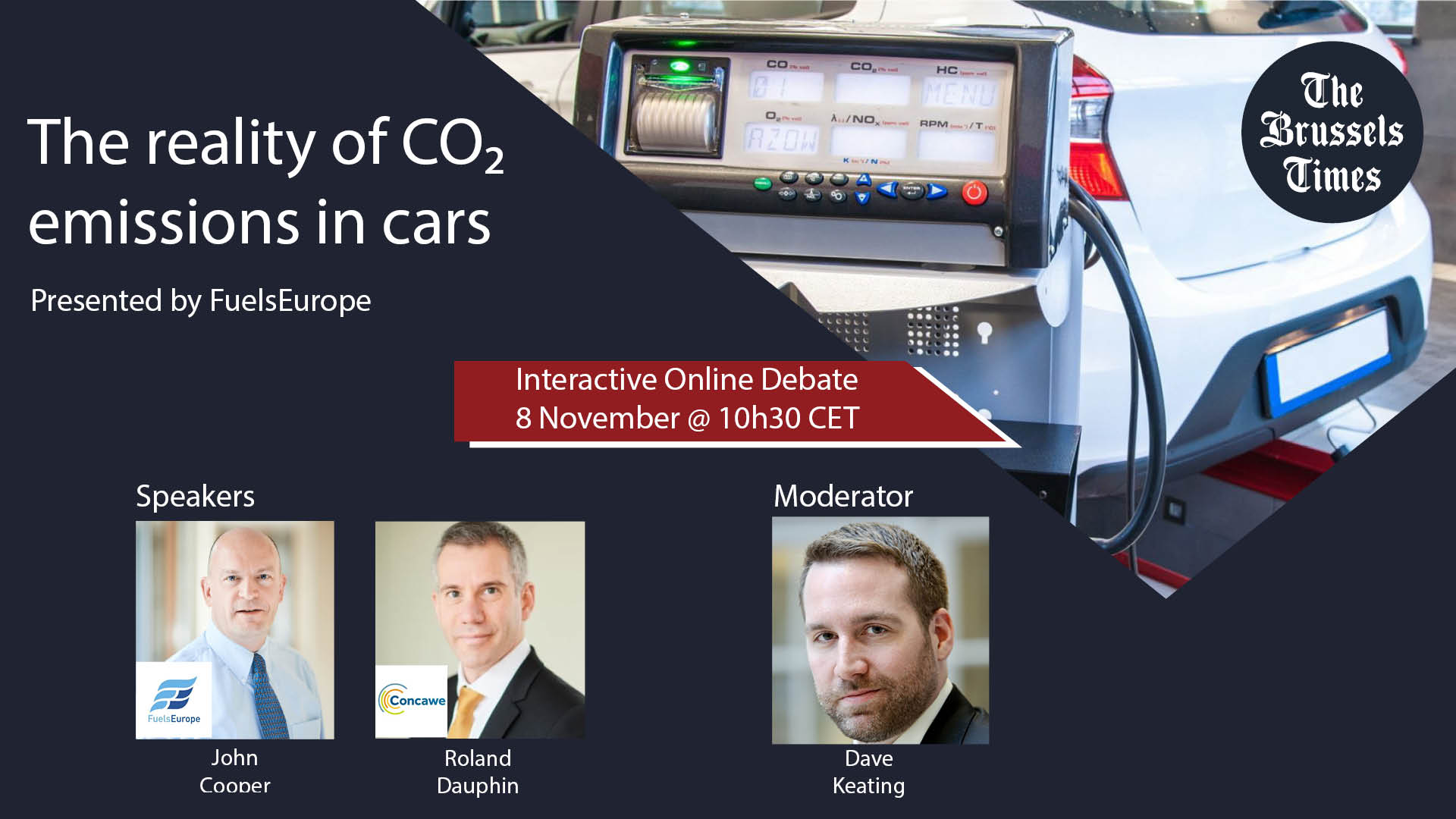With the transport sector being responsible for over a quarter of Europe’s greenhouse gas emissions, making our future mobility sustainable and affordable is one the key challenges for the EU.
The main solution currently put forward by policy-makers to address the decarbonisation of transport is electrification, and to a lesser extent hydrogen, both presented as zero-emission technologies. To understand the definition of a zero-emission vehicle, it is, however, important to understand how vehicle emissions are measured in the EU.
In fact, emissions are only measured at the tailpipe. This means that the only emissions that are accounted for are those generated when using the vehicle. As a result, for electric or hydrogen cars, as there is no tailpipe, no emissions are effectively measured and these vehicles are thus labelled as zero-emission vehicles and seem to be the obvious choice.
But is this really the case? What about emissions during production and recycling of the car, the production of the battery or the fuel cells, the emissions released during the production of the energy? These emissions are not measured and accounted for, making them invisible.
From a climate perspective, it does not matter whether the greenhouse gases are emitted during the production of the car or of the energy carrier, or at the tailpipe. From that perspective, only life-cycle emissions matter, considering the overall scope of emissions occurring during the production of the vehicle, the production of its energy and its use.
If we consider that these important elements are put aside, it appears that the definition of a zero-emission vehicle in existing regulations is very different from what it is supposed to mean in reality.
The current regulations seem to point towards a full-electric future but what is the reality of CO2 in cars? Is there a zero-emission technology? Is electrification the only option to make mobility climate-neutral? What about the renewable fuels and their circular CO2? While it is clear that electrification is a key element to the decarbonisation of our transport sector, are there other solutions able to reduce emissions immediately?
To get answers to these questions join us for a webinar live-streamed with The Brussels Times today from 10:30 to 11:45.
This online event will include a demonstration of a tool showing the life-cycle GHG emissions of different powertrain passenger cars in real life.
Find out more about this event on the FuelsEurope event page.
Speakers
John Cooper, Director General at FuelsEurope
Roland Dauphin, Science Executive Fuels Quality and Emissions at Concawe
Moderator
Dave Keating, Brussels correspondent for France 24
Organised with the kind support of FuelsEurope


